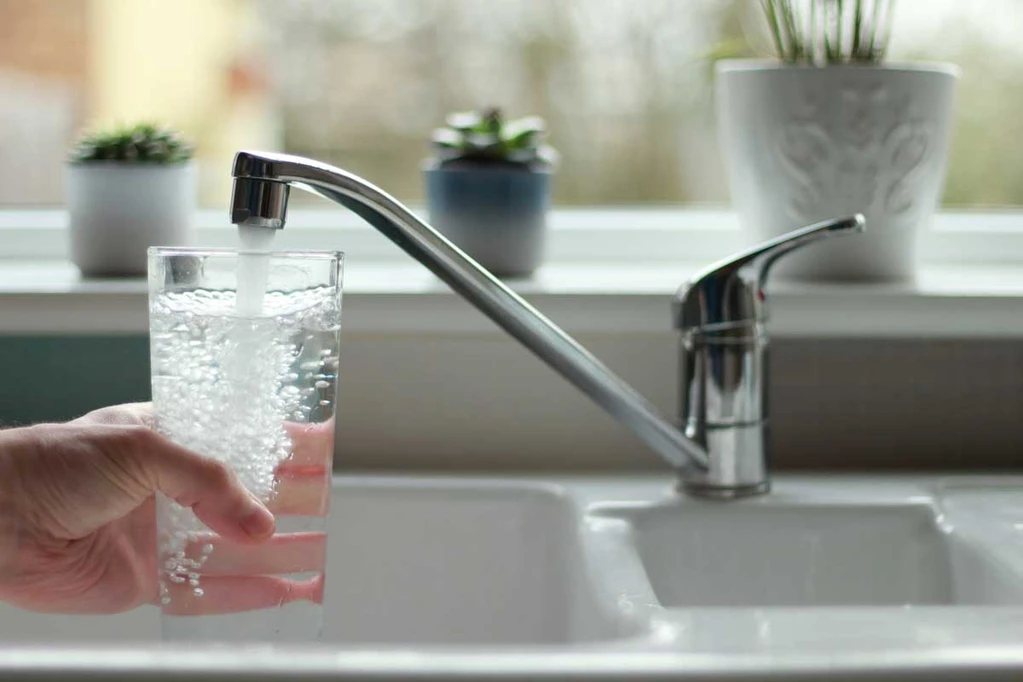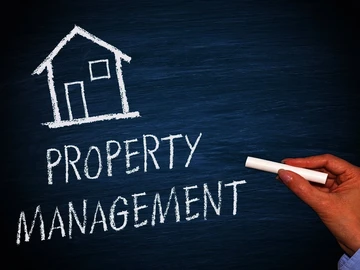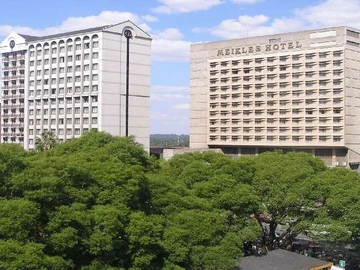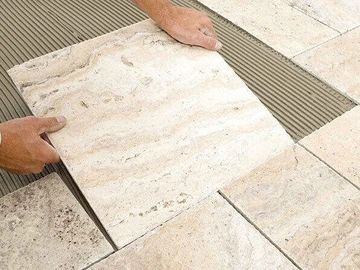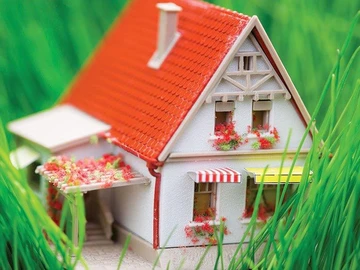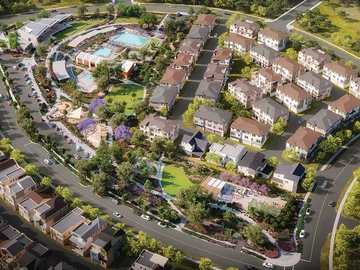In Zimbabwe, securing sustainable and clean water for your property has become an increasingly vital subject. The combination of climatic changes, population growth, and infrastructure challenges has made water security a top concern. Property Book spoke about 'Auditing Your Water Sources, Reducing Outdoor Water Use'. This article, we will guide you through practical and effective strategies to secure your clean water supply in Zimbabwe.
Understanding the Importance of Water Security
Clean, accessible water is the cornerstone of a healthy and thriving property. Whether it's for drinking, sanitation, or irrigation, the importance of a secure water supply cannot be overstated. In Zimbabwe, securing clean water has become a challenge due to factors such as drought, pollution, and inadequate infrastructure. These issues can lead to water scarcity, affecting both urban and rural populations. Therefore, knowing how to secure your clean water supply is essential.
Rainwater Harvesting
One of the most effective and sustainable methods to secure clean water in Zimbabwe is rainwater harvesting. Install a system that captures, stores, and purifies rainwater. This can include a catchment area like a roof, a storage tank, and a purification system. Rainwater harvesting not only provides a reliable water source but also contributes to water conservation efforts.
Boreholes and Well Drilling
Boreholes and wells are viable options for sourcing clean water, especially in rural areas. A professionally drilled borehole or well can tap into the underground water supply, providing a steady source of water. It's crucial to have the water tested regularly for quality and to maintain the infrastructure to prevent contamination.
Water Purification Systems
Even if you have a reliable water source, it's important to ensure the water is clean and safe for use. Implementing a water purification system can remove harmful bacteria, viruses, and other contaminants from your water. Options for purification systems include ceramic filters, UV light units, and reverse osmosis systems.
Working with Local Authorities and NGOs
Working with local authorities and non-governmental organizations (NGOs) can be beneficial in securing clean water. They can provide support in terms of resources, expertise, and funding for water projects. In Zimbabwe, organizations such as the Zimbabwe National Water Authority (ZINWA) and UNICEF are actively involved in water security initiatives.
Regular Maintenance and Conservation Practices
Maintaining your water sources and practicing water conservation can ensure a sustainable supply of clean water. This includes regular cleaning of storage tanks, checking for leaks, and using water-efficient appliances and fixtures.
Conclusion
Securing clean water on your property in Zimbabwe can be a challenging but achievable goal. With a combination of rainwater harvesting, borehole or well drilling, water purification, cooperation with local authorities and NGOs, and regular maintenance and conservation, you can ensure a sustainable and clean water supply for your property. Remember, every drop of water counts. Let's work towards a water-secure future for Zimbabwe and the world.
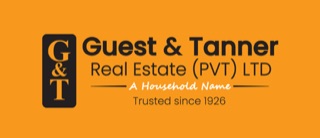
 Continue with Facebook
Continue with Facebook
 Continue with Email
Continue with Email

